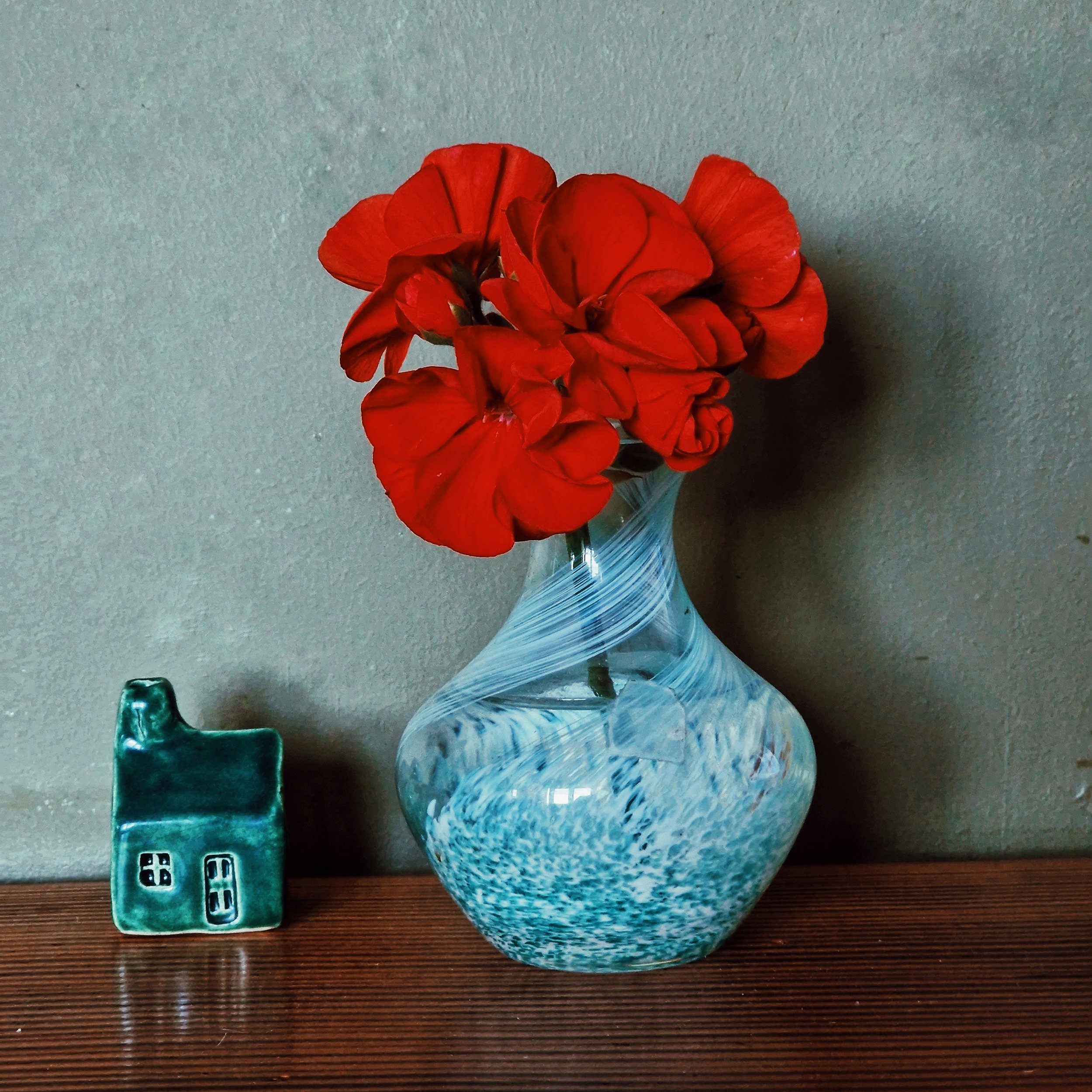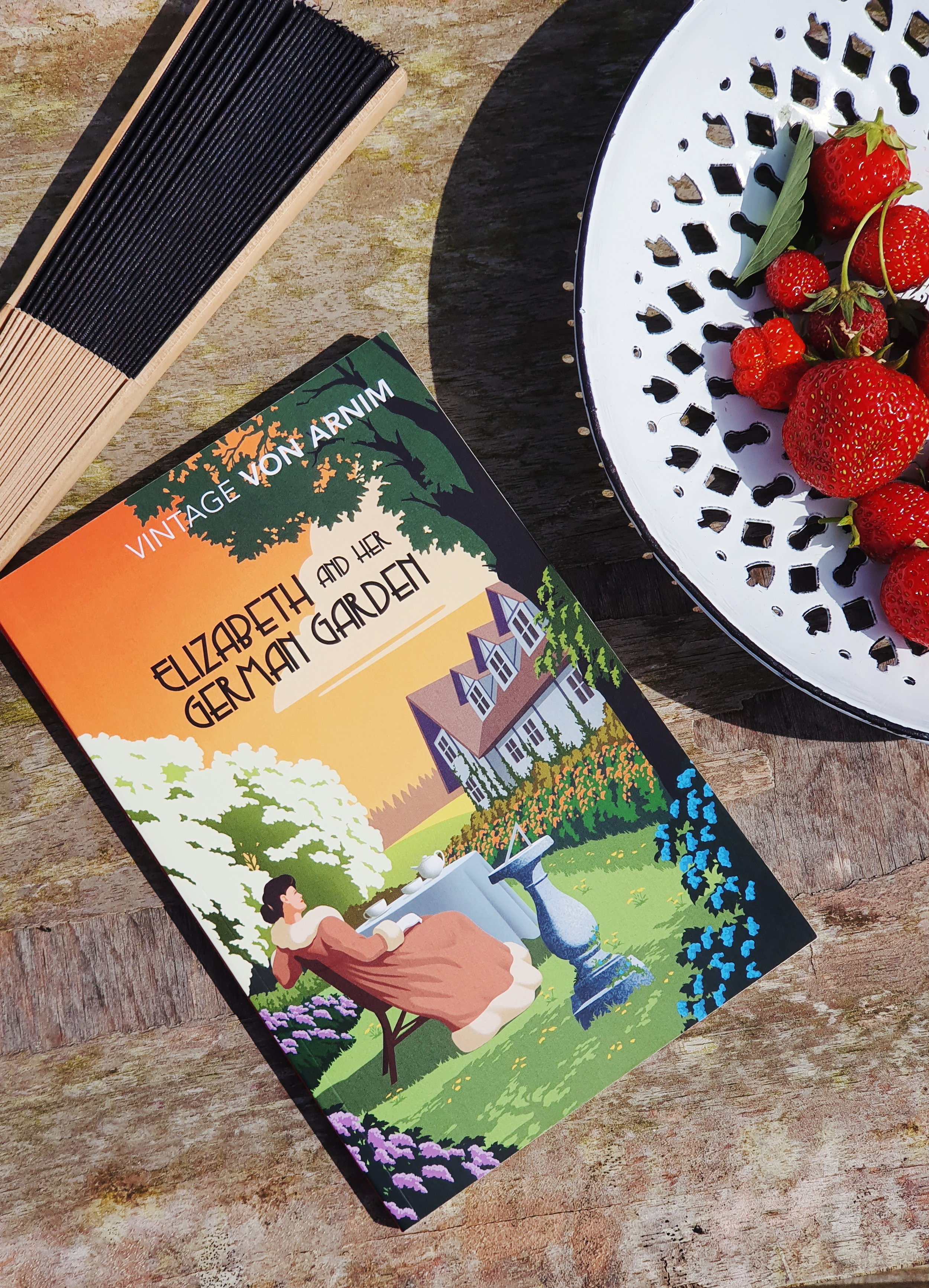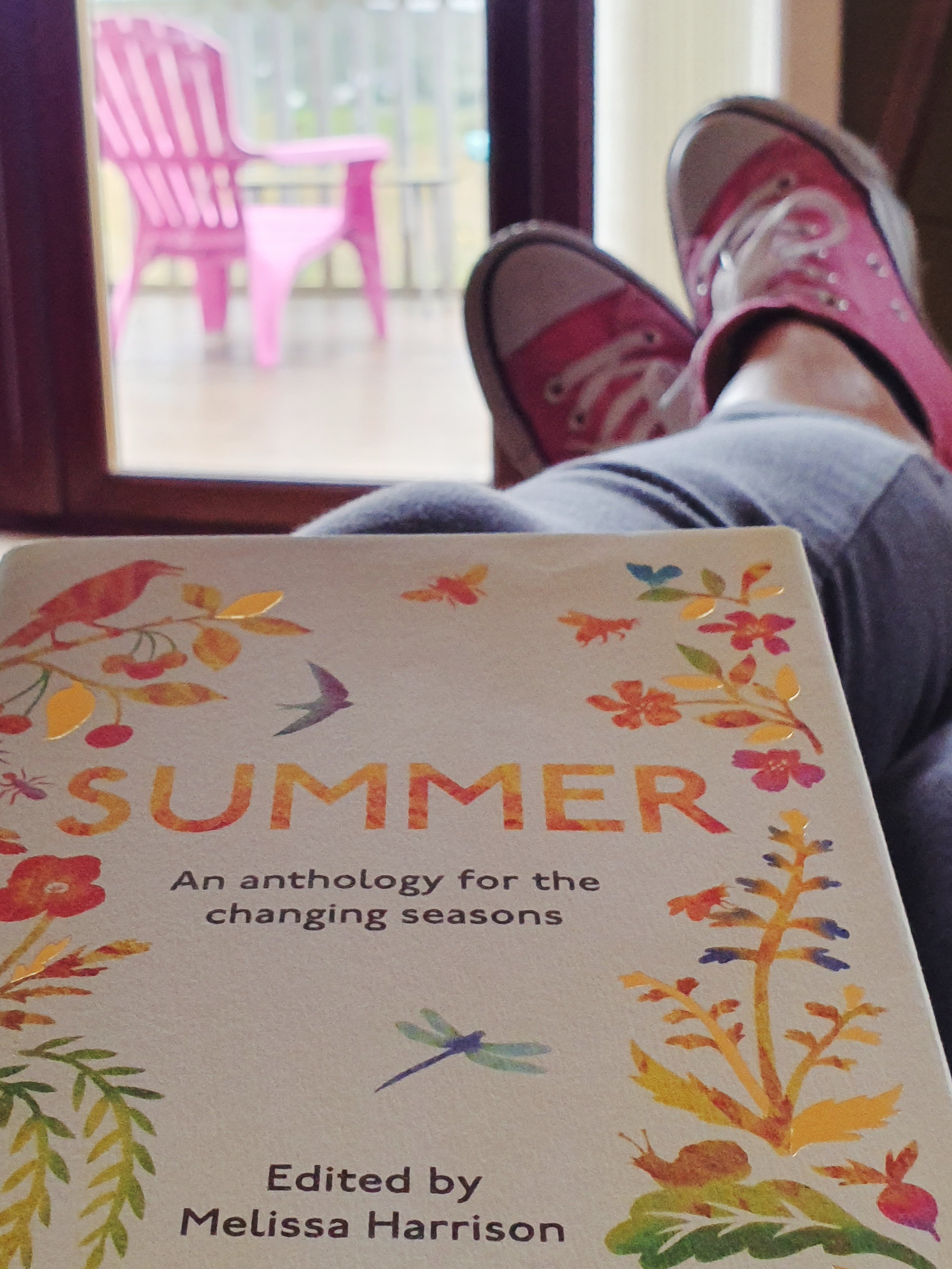Thursday 24th August 2023
School is back. The first full week of 6 o’clock alarms is almost done. It’s a more intense year for the boy this time. Important exams, decision to make, that sort of thing. How did we get here already?
We’re in that time of in-between seasons. Chillier mornings giving way to warmer days and muggy nights. Summer still holding on, but its grasp is loosening. I was working in the big polycrub this morning, and the bees were very busy - definitely a sign of the seasonal shift.
I haven’t really been inspired by the garden much this year. I’ve felt quite overwhelmed by it all, to be honest. Mind you, I have been very involved in a sizeable community project, which took up a lot of time in May and June. Then my visitors arrived and the holidays began, so I’m not being too hard on myself about it. Now that things have quietened down, I have felt a bit more motivated to get out there.
It’s not been a total loss - there are tomatoes and chillies ripening, vegetables and fruit are being harvested, flowers have bloomed and vases have been filled. I’m already planning for next season, as far as anyone can. Winter crops and biennials have been sown, bulbs have been ordered, and I have a to-do list I want to tackle over the autumn.
That’s about it right now. Life returning to its term-time rhythm. I’ve been reading a lot over the summer, and I’m planning a bookish post soon.
Today, in the potting shed, I finished listening to The Great Gatsby, perfectly narrated by Jake Gyllenhaal on Audible. It was a masterpiece.
I was sowing a tray of lupin seeds as the words of that closing passage drew the novel to an end, and I wept.























